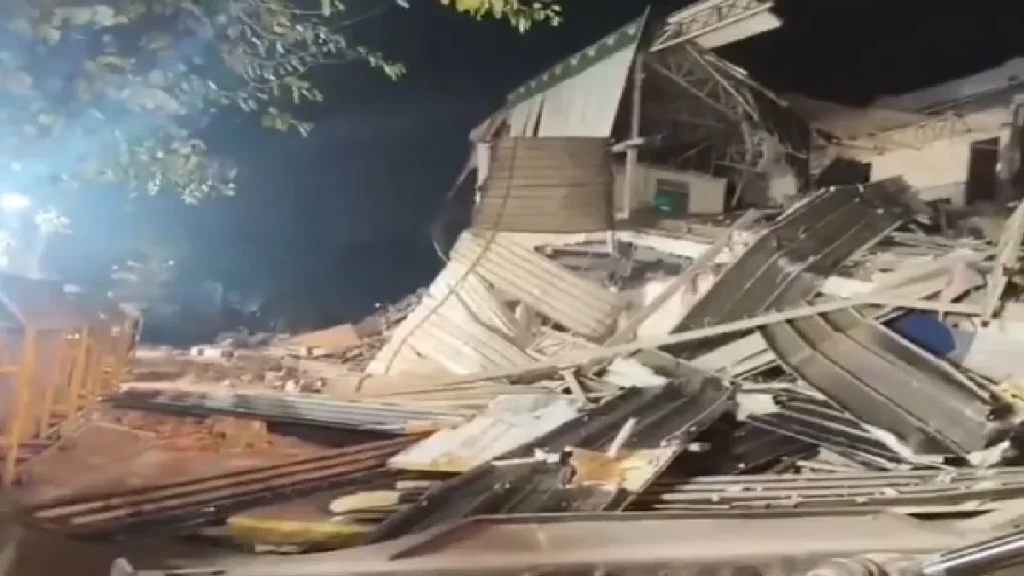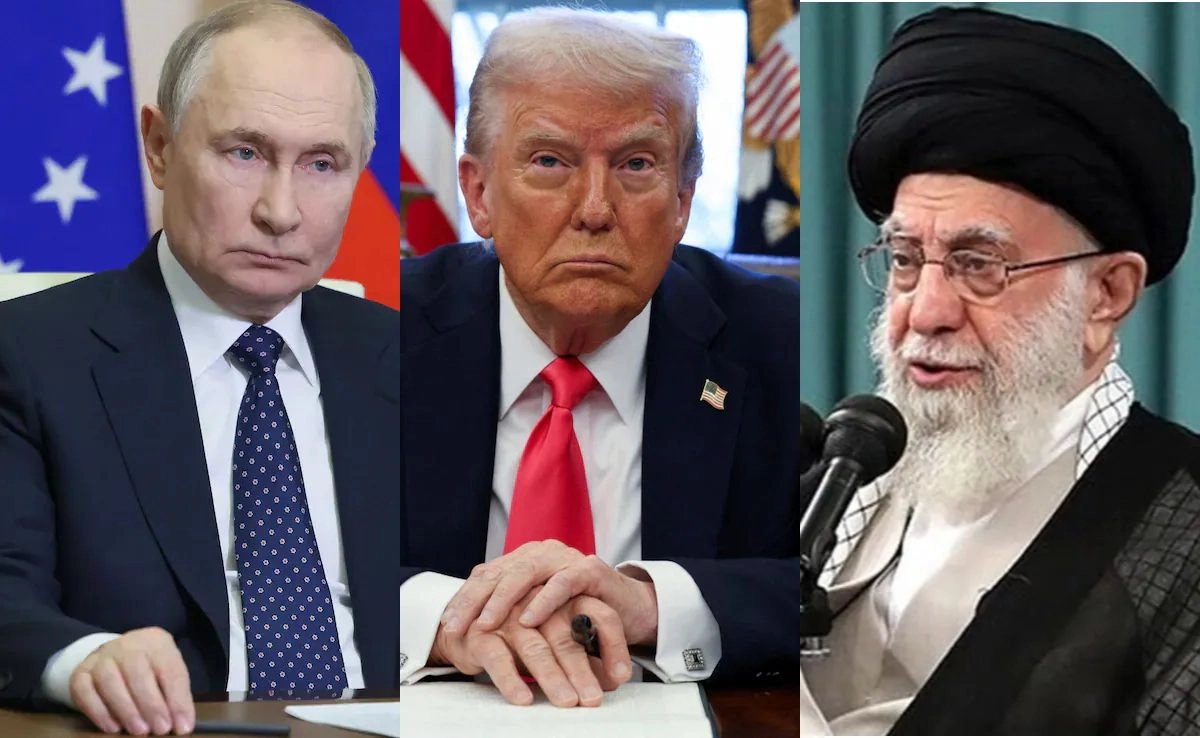In a dramatic escalation of tensions in the Middle East, a significant incident has unfolded in Tel Aviv, where a building was set ablaze amid ongoing hostilities between Israel and Iran. This latest confrontation is part of a broader conflict that has seen both nations exchanging strikes, leading to heightened fears of a wider regional war. The situation is further complicated by the involvement of various regional actors, each with their own agendas, thereby intensifying the geopolitical complexities of the conflict.
The events began with a series of retaliatory strikes, with Iran reportedly targeting Israeli positions, followed by Israel’s response that included airstrikes on Iranian facilities. The building in Tel Aviv that caught fire serves as a stark reminder of the direct impact of these military exchanges on civilian infrastructure. Eyewitness reports describe a chaotic scene, with emergency services rushing to contain the flames and evacuate residents. This incident underscores the vulnerability of urban centers in the ongoing hostilities and raises critical questions about civilian safety and the ramifications of military actions in populated areas.
As tensions between Israel and Iran continue to escalate, the international community is closely monitoring the situation. Diplomatic efforts to de-escalate the conflict have so far proven ineffective, with both sides remaining steadfast in their positions. The potential for further violence looms large, and analysts warn that the situation could spiral out of control if aggressive actions persist. The implications of this conflict extend beyond the immediate region, as global powers weigh their responses and consider the broader impact on international stability.
In summary, the burning building in Tel Aviv is emblematic of the escalating violence between Israel and Iran, highlighting the dangers faced by civilians caught in the crossfire. As both nations engage in a tit-for-tat exchange of strikes, the potential for a larger conflict looms, raising urgent calls for diplomatic intervention. The evolving situation underscores the fragility of peace in the region and the need for a concerted effort to address the underlying issues driving this enduring conflict. Without decisive action, the cycle of violence may only deepen, with catastrophic consequences for all involved.




